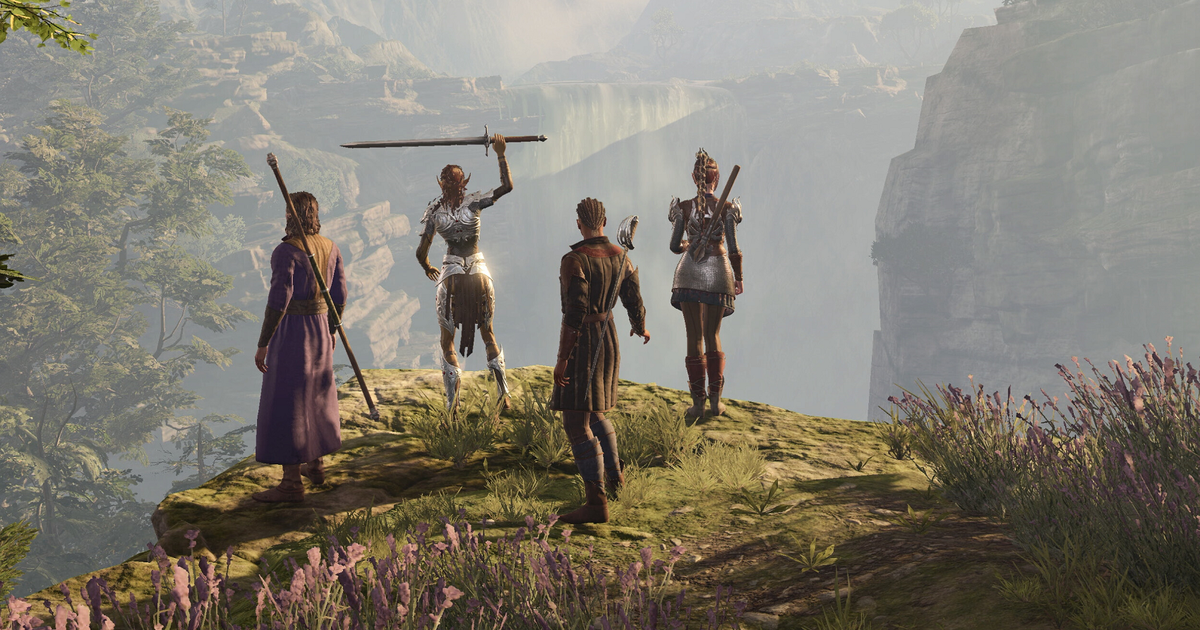China approved more games for release in 2023 than in the previous two years, with over 1,000 titles granted a publishing licence during the past year.
As reported yesterday, 105 games were approved in December, with South China Morning Post reporting that this was the highest monthly total since July 2022.
Among the new titles approved with some from local publishing giants Tencent (Assault Fire: Future) and NetEase (Lost Light, Sifangyuzhishi).
The publication also noted that this brings the annual total to 1,076 – more than double the 512 approved in 2022 and a significant improvement on the 748 cleared for release in 2021.
According to a Niko Partners report, shared by Game World Observer, 2020 was the last year to see more than 1,000 games approved, when regulators granted 1,411 licences.
The previous years’ slowdown in approvals is partly due to a second nine-month freeze on the process, which ended in April 2022. Even 2020’s total was a sharp drop on the 2,095 approved in 2018, when China’s regulator implemented its first nine-month freeze.
The lack of new titles released was a key factor in the Chinese games market value declining in 2022, the first drop recorded in 20 years.
It’s unclear whether the reinvigorated rate of approvals will be affected by the removal of the head of the publishing unit at the Communist Party’s Publicity Department. The department runs the National Press and Publication Administration (NPPA), which grants licences for video games to be released in China.
The official’s removal followed a dip in gaming stocks that was triggered by new government proposals before Christmas to crack down on video game monetisation tactics.
Among the new restrictions proposed by the draft are spending limits for players and a ban on common mechanics such as daily log-in rewards, first-time spender bonuses, and incentives to continue spending on a game.
The proposals led to a sharp decline in shares for the two biggest games publishers, with Tencent dropping by 16% and NetEase by 25%.
The draft regulations are open for public comment until January 22, and the NPPA has responded to the backlash by said it will “revise and improve” the new restrictions after “carefully studying and listening to the opinions of relevant departments, enterprises, users and other parties.”


